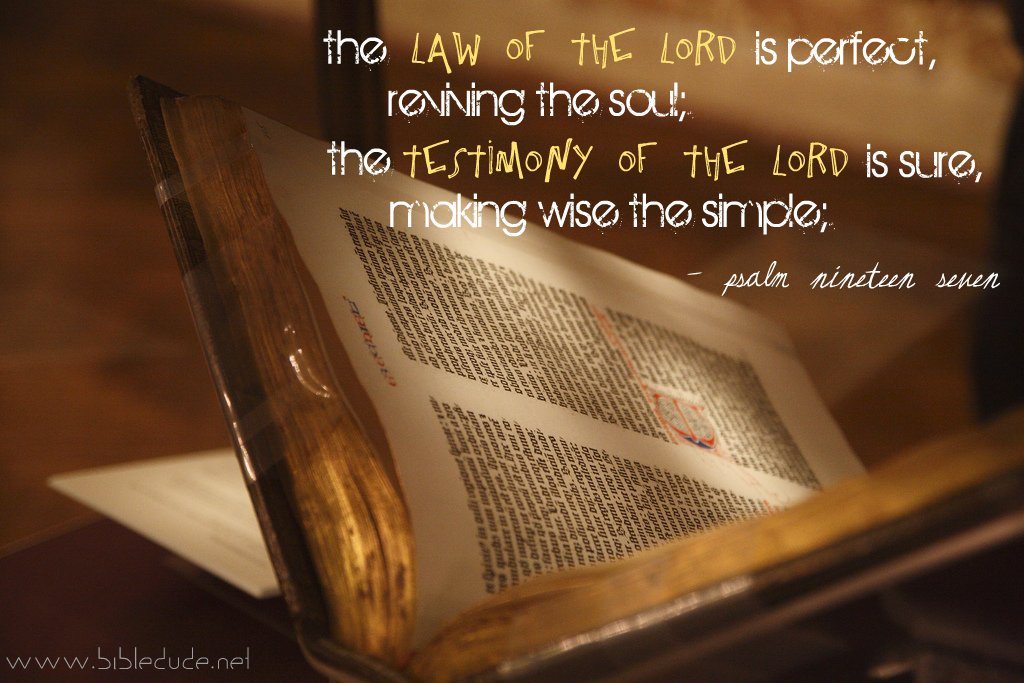Note: This post is part of a series exploring Psalm 19 ~ Overwhelming Trust.
Who can discern his errors?
Declare me innocent from hidden faults.
Keep back your servant also from presumptuous sins;
let them not have dominion over me!
Then I shall be blameless,
and innocent of great transgression.Let the words of my mouth and the meditation of my heart
be acceptable in your sight,
O Lord, my rock and my redeemer.
The final three verses are much more personal than the preceding eleven verses. They are more in the form of prayers than they are declarations about creation or the law of God.
In verses twelve and thirteen the psalmist prays for forgiveness of his sins. He asks for forgiveness from both sin that he is aware of (i.e. “presumptuous sins” ESV) and sin that he is not aware of (i.e. “hidden faults” ESV). He also prays that they will not overtake him.
After praying for forgiveness as well as strength to overcome the temptations, David declares that he will be “blameless and innocent of great transgression” (19:13; ESV). This blamelessness before the Lord comes only by the forgiveness and grace of God.
A final prayer is given in verse fourteen, “Let the words of my mouth and the meditation of my heart be acceptable in your sight” (19:14; ESV). This prayer of acceptance is a prayer of humility and reverence.
The psalmist does not presume that his words or meditations are acceptable to God. In praying that God would let his words and meditations be acceptable, David is asking God to continue to do a sanctifying work in his life.
This is not a prayer that is asking God to bless what he is doing, but a prayer that asks God to correct the areas that are unpleasing to the Lord. It is not a self-serving prayer, but an uplifting prayer.
David understands that only God can declare him innocent from his sins and only by the grace of God can David avoid his sins having dominion over him. David also understands that it is only by God’s grace that his words and meditations have the ability to be acceptable in God’s sight.
It is these three personal prayers that inform our last phrase, “O LORD, my rock and my redeemer” (19:14; ESV). David becomes personal in his declaration because he is nothing without his God.
If it were not for the Lord, David would not be innocent of his hidden faults. He would be dominated by his presumptuous sins. He would be full of blame in regards to his transgressions. His words and meditations would not be acceptable to God.
It is by and through the Lord that David can be blameless and acceptable before God. So indeed David declares “my rock” and “my redeemer” because for David, the Lord is more than a rock and a redeemer – he is “my rock” and “my redeemer.” David is nothing without the grace of God.
Who else would he turn to? Who else can we turn to?





Mark, this is a great reminder. We know how to watch our actions but we don’t realize that we need to submit out thoughts to His loving forgiveness as well. Thank goodness for His mercy and grace in all things.